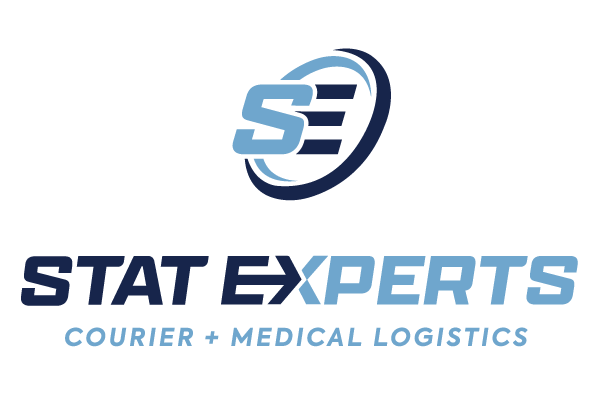As hospitals strive to provide the best care possible for patients, efficient logistics for medical devices is essential. Yet with so many options, variables, and frequent changes in the world of medical logistics, it can be quite challenging to ensure your hospital is following the industry’s best practices.
Logistics is the process of managing the flow of medical supplies, equipment, and products through the supply chain from warehouse to destination. It involves everything from storage and transportation to ordering, tracking, and inventory management.
Hospitals that utilize an efficient logistics process can expect to see a number of benefits, such as improved patient safety, increased cost savings, and better inventory management.
From Warehouse to Destination: Logistics of Medical Devices
The supply chain process for transporting medical devices begins with the manufacturer and ends with the hospital. It involves a series of steps, including warehousing, purchasing, shipping, and delivery.
Warehousing is an important part of the logistics process, as it requires that hospitals have properly equipped and maintained storage facilities that are compliant with all applicable regulations.
The shipping process for medical devices is complex and involves a number of different parties. Manufacturers must package and label the medical device according to regulations, while distributors are responsible for securing appropriate transportation services and ensuring that the device arrives at its destination safely and on time.
Hospitals can use logistics to manage their medical device inventory more effectively by tracking the movement of goods through their supply chain. This allows them to monitor their inventory levels and ensure that they have enough supplies on hand when needed.
Hospitals can also implement logistics systems to track their medical device inventory more effectively. These logistics medical device systems can be used to monitor shipments, view real-time inventory levels, and analyze data to identify areas of improvement in the supply chain process.
Challenges for Logistics of Medical Devices
The logistics of medical devices is subject to a number of regulations that must be followed in order to keep patients safe. These regulations cover everything from packaging and labeling to transportation, storage, and disposal.
Hospitals — as well as their partners, vendors, and staff — must ensure that all necessary steps are taken to comply with these regulations in order to avoid penalties or liability issues.
Cost is a major consideration when it comes to managing medical device logistics. Hospitals must carefully review all costs associated with shipping, warehousing, and other aspects of the supply chain process in order to maximize efficiency and minimize expenses.
Hiring a Logistics Partner for Medical Devices
Hiring a logistics medical device partner can provide hospitals with a number of benefits. These include access to specialized expertise, improved efficiency and cost savings, better customer service, and increased compliance with regulations.
Stat Experts is an experienced logistics provider that specializes in managing the transportation, warehousing, inventory management, and regulatory compliance aspects of the supply chain process for hospitals. By hiring Stat Experts’ knowledgeable professionals, hospitals can rest assured that their medical device logistic needs will be handled efficiently and effectively.
Overall, managing the logistics of medical devices requires careful consideration of many different factors. From warehousing to regulatory compliance, hospitals must ensure that they have a comprehensive understanding of the process in order to get the most out of their logistics system.
By utilizing logistics medical device providers such as Stat Experts, hospitals can benefit from expert knowledge and increased efficiency in the supply chain process for medical devices. If you have questions about logistics for medical devices, please contact the Stat Experts team. We’re happy to answer your questions and give you an estimate.


